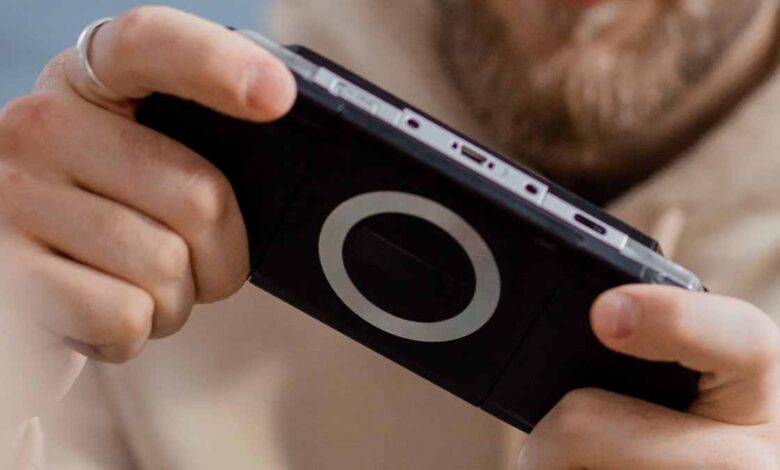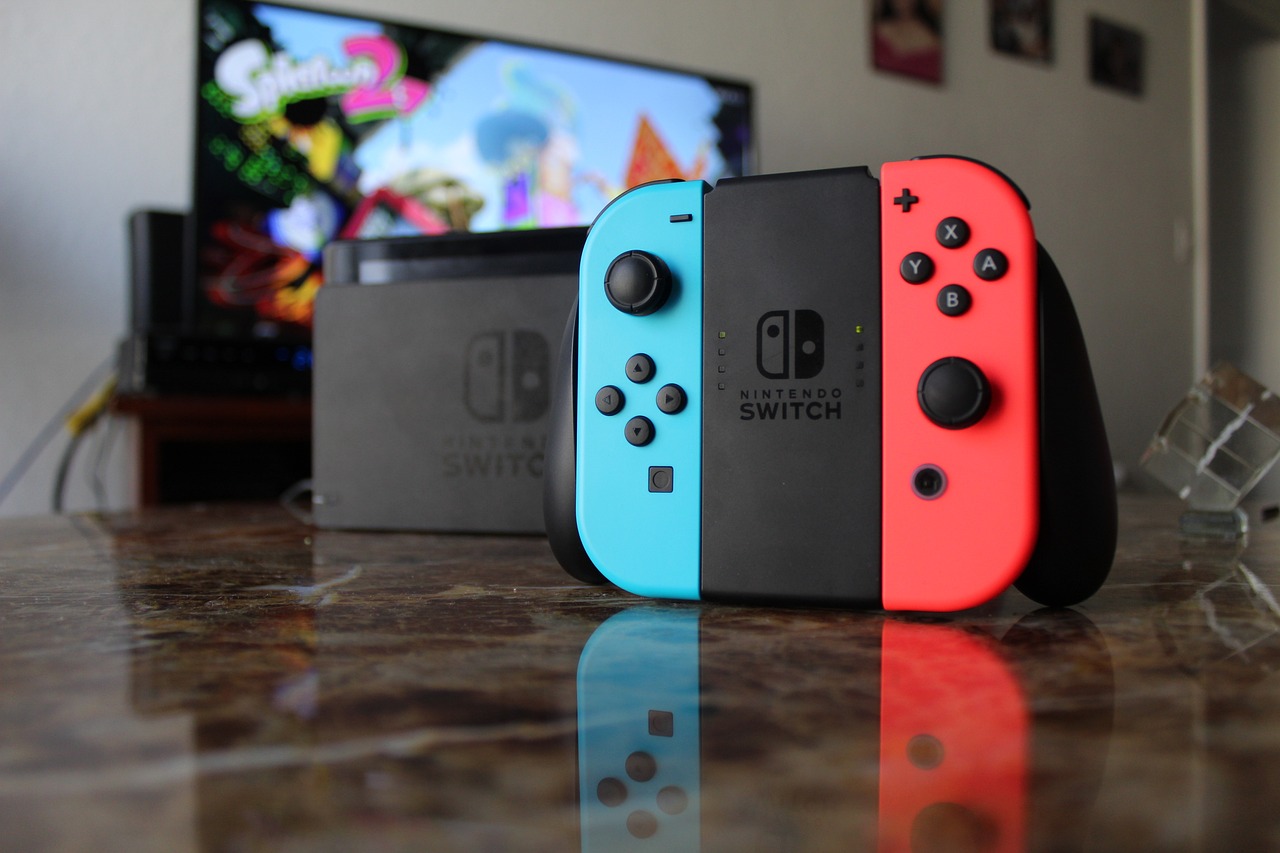Why Did The PSP Not Work Out – And Could The Nintendo Switch Meet The Same Fate?

Ah, the world of gaming – a realm where innovation and trends dance in a perpetual tango. As we reminisce about gaming devices of yore, one name stands out: the PlayStation Portable (PSP). This iconic handheld console promised to revolutionise portable gaming, yet it didn’t quite reach the stratospheric heights expected.
Why Did The PSP Not Work Out?
Fast forward to the present, and we find ourselves captivated by the Nintendo Switch – a hybrid console that’s capturing hearts and screens alike. But could the Switch face a similar fate as the PSP? Let’s embark on a journey through gaming history to unravel the mystery.

Nintendo Switch – Free photo on Pixabay – Pixabay
The PSP: A Tale of Missed Opportunities
Cast your mind back to the mid-2000s, when the PSP burst onto the scene with a promise of console-quality gaming in the palm of your hand. With its sleek design, vibrant screen, and library of impressive titles, the PSP seemed poised for greatness. So, why didn’t it soar to the heights of gaming glory?
One of the critical factors behind the PSP’s mixed success was its positioning. While it aimed to bridge the gap between home consoles and handheld gaming, it often found itself in a strange limbo. It was neither as portable and accessible as the Game Boy nor as robust and immersive as home consoles like the PlayStation 2. Gamers were left wondering whether the PSP truly belonged in their gaming arsenal.
Additionally, the PSP faced challenges from piracy and a lack of exclusive must-have titles that could set it apart. While it showcased impressive hardware capabilities, it struggled to capture the unique experiences that defined its console counterparts. As a result, the PSP faced a battle to remain relevant in a rapidly evolving gaming landscape.
Enter the Nintendo Switch: A New Hybrid Paradigm
Fast forward to 2017, and the gaming world was introduced to the Nintendo Switch – a hybrid console that seamlessly transitions between handheld and docked modes. The Switch breathed new life into portable gaming, offering a versatile experience that catered to both solo adventurers and couch co-op enthusiasts. But could the Switch’s journey follow a similar trajectory as the PSP’s?
Unlike the PSP, the Nintendo Switch found a niche that resonated with gamers. Its hybrid design tapped into the demand for flexibility and adaptability in gaming experiences. The ability to seamlessly switch between handheld and TV modes, combined with an ever-growing library of exclusive titles and UK slots, solidified the Switch’s position as a unique and compelling gaming device.
Learning from the Past: Will the Switch Avoid the PSP’s Pitfalls?
The Nintendo Switch’s potential longevity lies in its ability to learn from the PSP’s challenges and adapt to the shifting tides of the gaming industry. While the Switch has certainly captured hearts and attention, it’s not immune to potential pitfalls.
One lesson the Switch can take from the PSP’s story is the importance of cultivating a strong library of exclusive and compelling titles. The PSP’s lack of standout exclusives left it vulnerable to competition and hindered its ability to establish a clear identity in the gaming landscape. The Switch’s success hinges on its ability to continue delivering captivating games that leverage its unique features and cater to a wide range of players.
Additionally, addressing issues related to hardware durability and performance is crucial. The PSP faced criticism for its screen quality, battery life, and susceptibility to wear and tear. The Switch, while well-received, has also faced scrutiny for drift issues with its Joy-Con controllers and concerns about the robustness of its build.
Taking proactive measures to ensure hardware quality and addressing any arising concerns promptly will be key to maintaining consumer trust.
As we reflect on the PSP’s rise and fall, the question of whether the Nintendo Switch could meet a similar fate is both valid and thought-provoking. While the PSP’s challenges were multifaceted, the Switch appears to have found a stronger foothold in the gaming ecosystem by addressing many of those concerns.
The Nintendo Switch’s unique hybrid design, coupled with a strong lineup of exclusive titles, has positioned it as a gaming device with mass appeal. Its ability to seamlessly adapt to different play styles and settings gives it an edge that the PSP struggled to achieve.
While the PSP’s story serves as a cautionary tale, the Nintendo Switch’s trajectory indicates that it’s poised for a more prosperous journey. By learning from the past, embracing innovation, and staying attuned to the needs of modern gamers, the Switch has a fighting chance to avoid the pitfalls that befell its handheld predecessor.
As long as Nintendo continues to nurture the unique strengths of the Switch and remains attentive to the ever-evolving gaming landscape, this hybrid console may very well enjoy a legacy that extends far beyond its predecessors.



